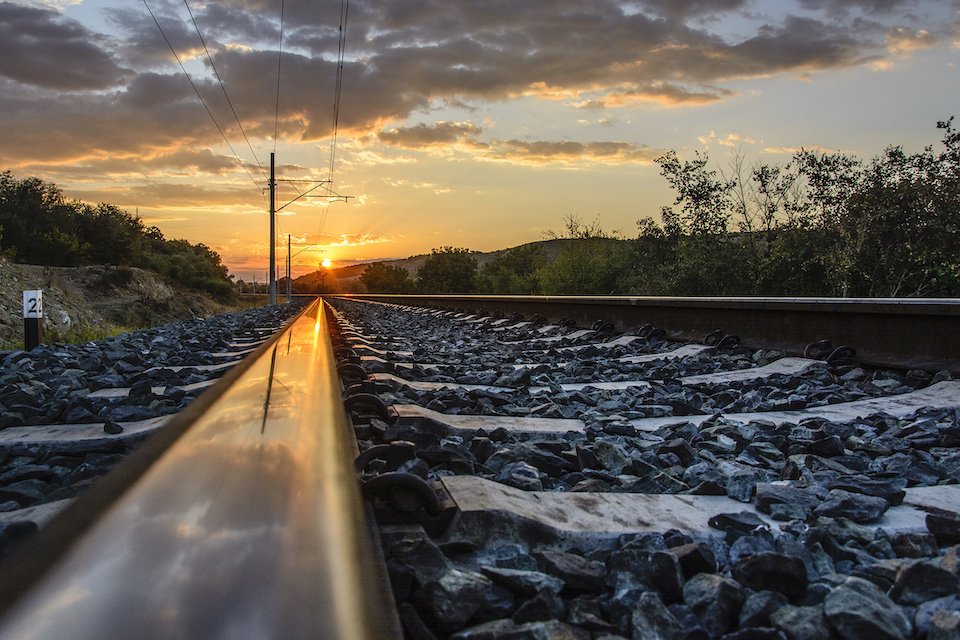Experts torn on virtues of Bulgarian State Railways consolidation

Last month, Bulgarian State Railways (BDZ) announced it would be merging its passenger and rail freight operations under a single roof. While experts agree that there is a lot of potential for rail freight, in particular, letting a consolidated state company manage various operations could hamper growth.
The move by BDZ means its two subsidiaries, BDZ Passenger Services and BDZ Cargo, will be absorbed by the BDZ holding company. This brings to an end a business structure that had been in place since 2010. That structure was supposed to ensure the financial stability of operations.
However, comments made in February by Bulgarian transport and communications minister Nikolai Sabev indicate that this has not been achieved, at least not to a sufficient degree. The ministry is now aiming for the end of 2023 to see improvements.
Capitalising on green momentum
Sabev wants BDZ to capitalise on the growing momentum behind rail, driven in large part by the European Green Deal and the aim of vastly reducing transport emissions. This is exemplified by the Fit for 55 package, among other measures.
As highlighted in Rail Freight Forward, the European Rail Freight Vision 2030, the European land freight transport sector is expected to expand by 30 per cent in the current decade. Without changes in the modal split, CO2 emissions will grow in tandem. As such, the rail freight sector aims for a modal share of 30 per cent by 2030.
New gateway to the (far) East
“Rail transport is making a comeback as an alternative for road-based freight movements”, Rico Luman, senior sector economist with a focus on transport, logistics and the automotive industry at ING Think, tells RailTech.com. “The New Silk Road is a success, and the number of feeder lines in Europe is growing. Eastern Europe can be considered the new gateway to the (far) East.”
According to Luman, disruptions in the global supply chains have also highlighted the need for alternative transport solutions. On a more micro level, he points to the growing staffing problems among trucking companies. “Chauffeurs are hard to find, including those from Eastern Europe. This has pushed companies to look for multimodal solutions for containerised cargoes. Eastern European railway networks have the added benefit of being relatively ‘quiet’, meaning more capacity is available than Western Europe.
State-run companies and freight transport don’t get along
Yet Jan-Willem Vroon of sector organisation RailGood is not convinced that BDZ’s new structure is the way forward for the company. “While there are, under certain conditions and in certain countries, valid reasons for letting state companies take responsibility for transportation, competition and a level playing field remain key.
According to Vroon, state companies tend to subvert competition, stymieing the growth opportunities of private companies. “State-run companies and freight transport do not get along. Freight transport is a very commercial business, and rail freight can only be viable and commercially successful if there is a healthy competition on a level playing field.”
Vroon says that state businesses are often too monolithic to be efficient and sufficiently customer-centric. “When this is the case, state companies lose out in the cutthroat business that is transport and logistics, where competition and efficiency are key.”
This article was originally published on our sister publication RailTech.com.
Also read:
- Bulgarian Railways merge passenger and freight branches
-
Bulgaria starts construction of the largest rail tunnel in the Balkans
You just read one of our premium articles free of charge
Want full access? Take advantage of our exclusive offer





